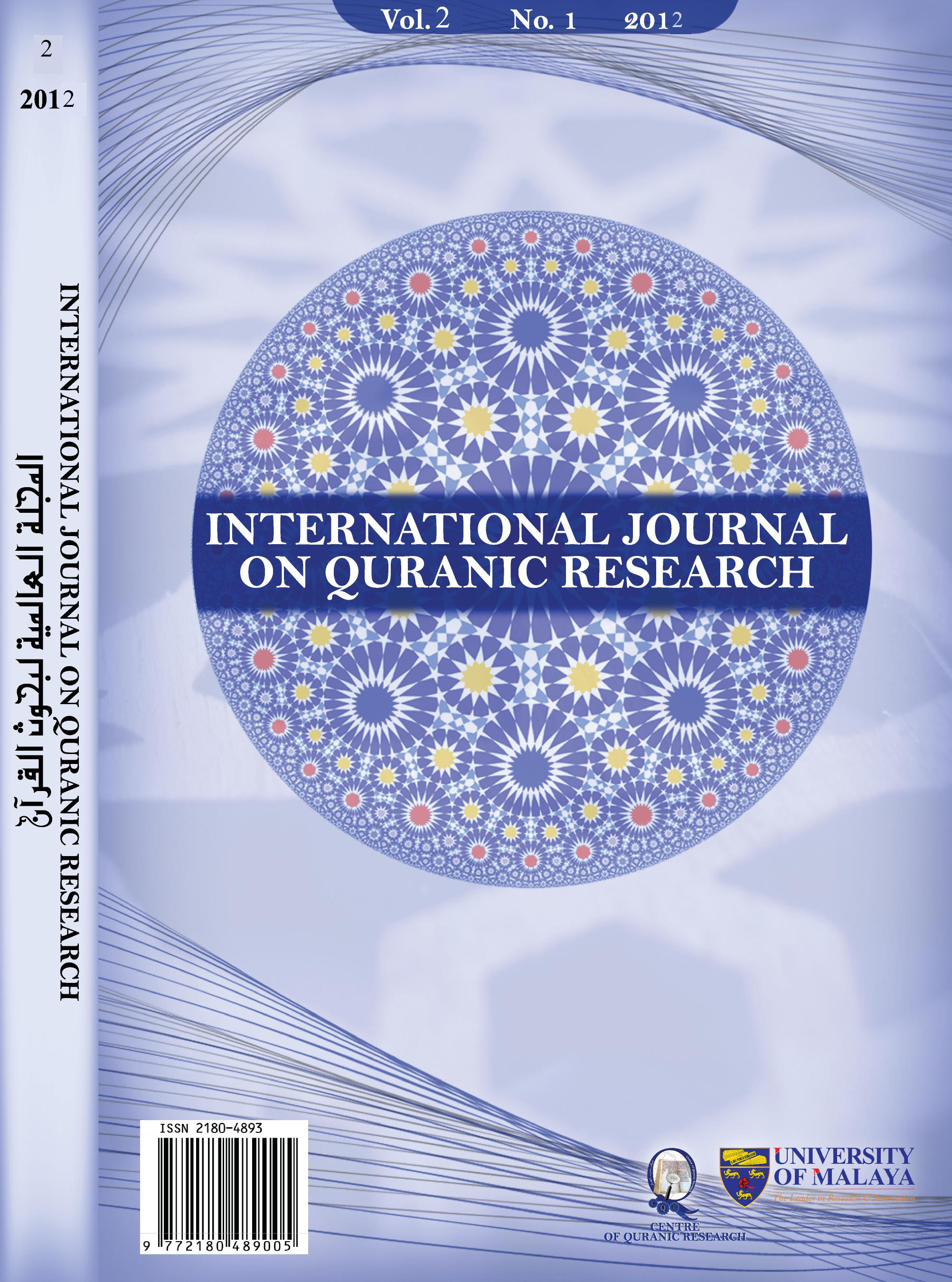The Qur’an: Limits of Translatability
Main Article Content
Abstract
Translation of the Holy Qur’an has been a difficult topic for discussion and research by translators and research specialists because of its sacred status. The wording of the Qur’an is so precise that no word is out of place, redundant or used haphazardly in a way that serves no purpose. Available translations of the Qur’an are often being judged as imprecise and looked at out of its context (i.e., the Qur’an). To overcome this ambiguity in Qur’an translation, translators have adopted different strategies such as transliteration, explication, cultural substitution, and footnotes. Even though, available translations of the Qur’an have been critiqued by Muslim scholars and researchers at different degrees. Practically, translation of the Qur’an, being the Word of Allah, brings to the surface the limits of translatability. The wording, the structure, the rhetoric and lexical choices vary from the Qur’an Arabic to standard Arabic, let alone a foreign language. It is fair enough to bear in mind while performing a Qur’an translation that you are dealing with Allah’s Words and not human.
Downloads
Article Details
Disclaimer
QURANICA makes every effort to ensure the accuracy of all its contents. However, opinions, discussions, views and recommendations are expressed in this journal do not necessarily reflect the official policy of QURANICA or views of its editors or publishers. Therefore, QURANICA and its publishers will not be liable for any controversy may be arisen. The journal reserves the right, at its sole discretion, to change its terms and conditions of publications.
Copyright
It is a condition of publication that manuscript submitted to the journal have not been published, accepted for publication, nor simultaneously submitted for publication elsewhere. By submitting a manuscript, the author(s) agrees that copyright for the article is transferred to the publisher, if and when the manuscript is accepted for publication.
